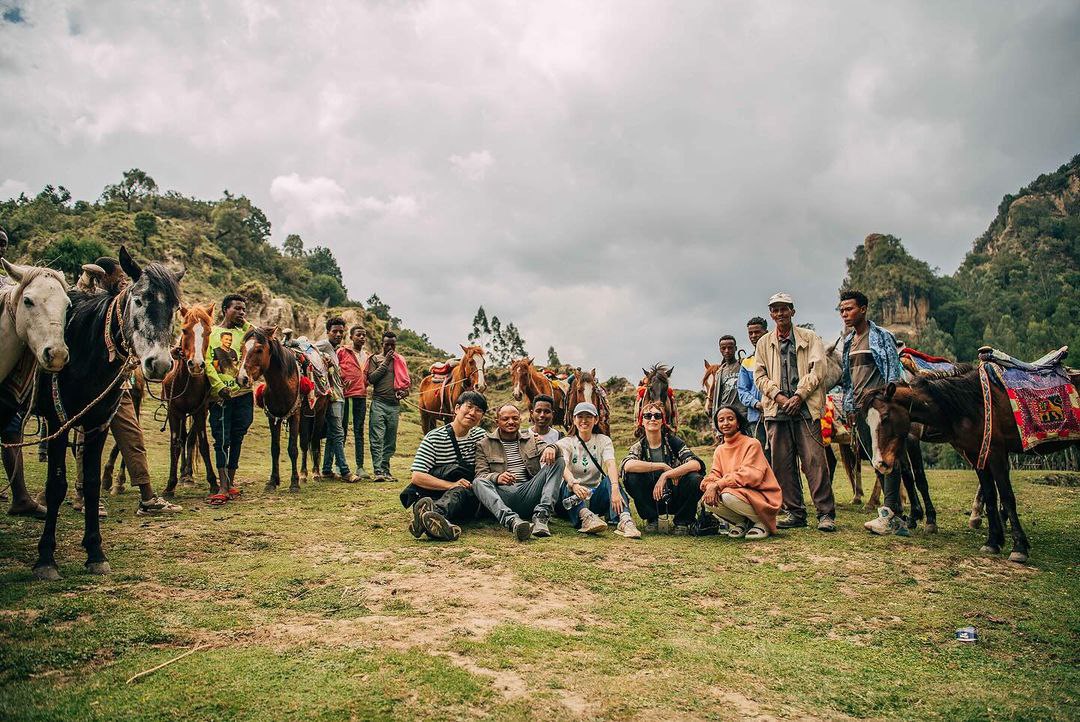
Comprehensive Guide to Traveling in Ethiopia
Ethiopia, known as the “Land of Origins,” boasts a rich history, unique biodiversity, and a vibrant culture that attracts travelers from around the globe. As one of the oldest countries in the world, Ethiopia is home to numerous UNESCO World Heritage Sites, including the rock-hewn churches of Lalibela and the ancient ruins of Axum. This guide aims to provide a comprehensive overview of traveling in Ethiopia, covering essential information from preparation to experiencing the country’s highlights.
Planning Your Trip
- Visa Requirements: Ensure you have a valid visa before entering Ethiopia. Most nationalities can obtain visas upon arrival at major airports and border crossings.
- Health Precautions: Vaccinate against diseases like yellow fever and malaria, especially if traveling to rural areas. Consult a healthcare provider for personalized advice.
- Insurance: Purchase travel insurance that covers medical expenses, evacuation, and trip cancellation.
- Currency: The official currency is the Ethiopian Birr (ETB). Carry cash for smaller transactions, as credit card acceptance varies outside major cities.
Getting There and Around
- Air Travel: Ethiopian Airlines offers extensive international and domestic flights, connecting major cities and remote destinations.
- Public Transport: Buses and minibuses (known as “gabre”) are reliable for shorter distances. Long-distance buses offer sleeper services.
- Private Vehicles: Renting a car is an option for those preferring independence, though driving standards vary.
Top Destinations
- Addis Ababa: Explore the capital city, known for its bustling markets, museums, and cultural diversity.
- Lalibela: Visit the rock-hewn churches, a UNESCO World Heritage Site, considered one of the holiest Christian sites in Africa.
- Gondar: Marvel at the royal castles and palaces, another UNESCO World Heritage Site.
- Simien Mountains National Park: Hike among the dramatic landscapes and meet the endemic wildlife.
- Omo Valley: Experience the diversity of cultures and traditions in this region, home to various ethnic groups.
Cultural Experiences
- Festivals: Participate in local festivals like Timkat (Epiphany) and Meskel (Finding of the True Cross).
- Coffee Ceremonies: Attend a traditional coffee ceremony, a social event involving roasting, grinding, brewing, and serving coffee.
- Markets: Shop at local markets for spices, textiles, and crafts, immersing yourself in the vibrant local culture.
Food and Drink
- Ethiopian Cuisine: Try national dishes like injera (a sourdough-risen flatbread) and wat (stew), often served on large platters shared communally.
- Coffee: Ethiopia is the birthplace of coffee; enjoy locally brewed varieties in cafes and during ceremonies.
Safety and Security
- Be aware of the general advice to reconsider travel to certain areas due to risks of civil unrest and armed conflict.
- Exercise caution in crowded areas and when dealing with unfamiliar situations.
When to Go
- The best time to visit Ethiopia is during the dry seasons (September-November and February-April), avoiding the rainy season (June-August).
Conclusion
Traveling in Ethiopia offers a profound journey into history, culture, and nature. From the ancient monolithic churches of Lalibela to the vibrant markets of Addis Ababa, every corner of Ethiopia reveals new layers of its rich heritage. Prepare thoroughly, be open to new experiences, and embrace the warmth of the Ethiopian people for a truly unforgettable adventure.





